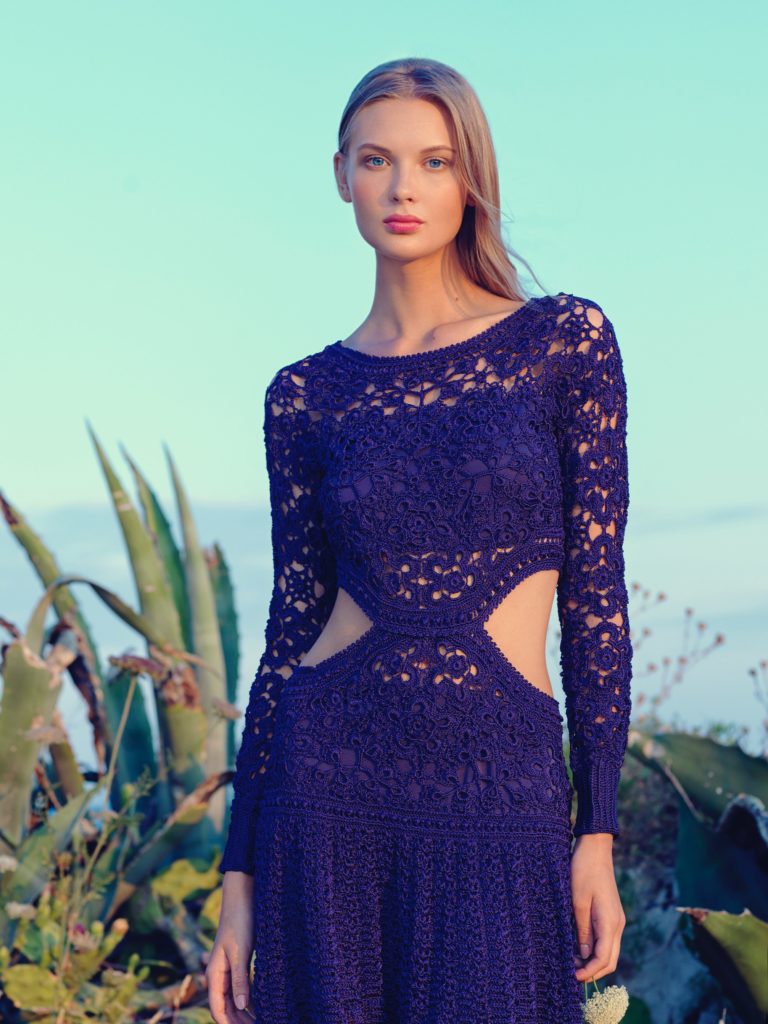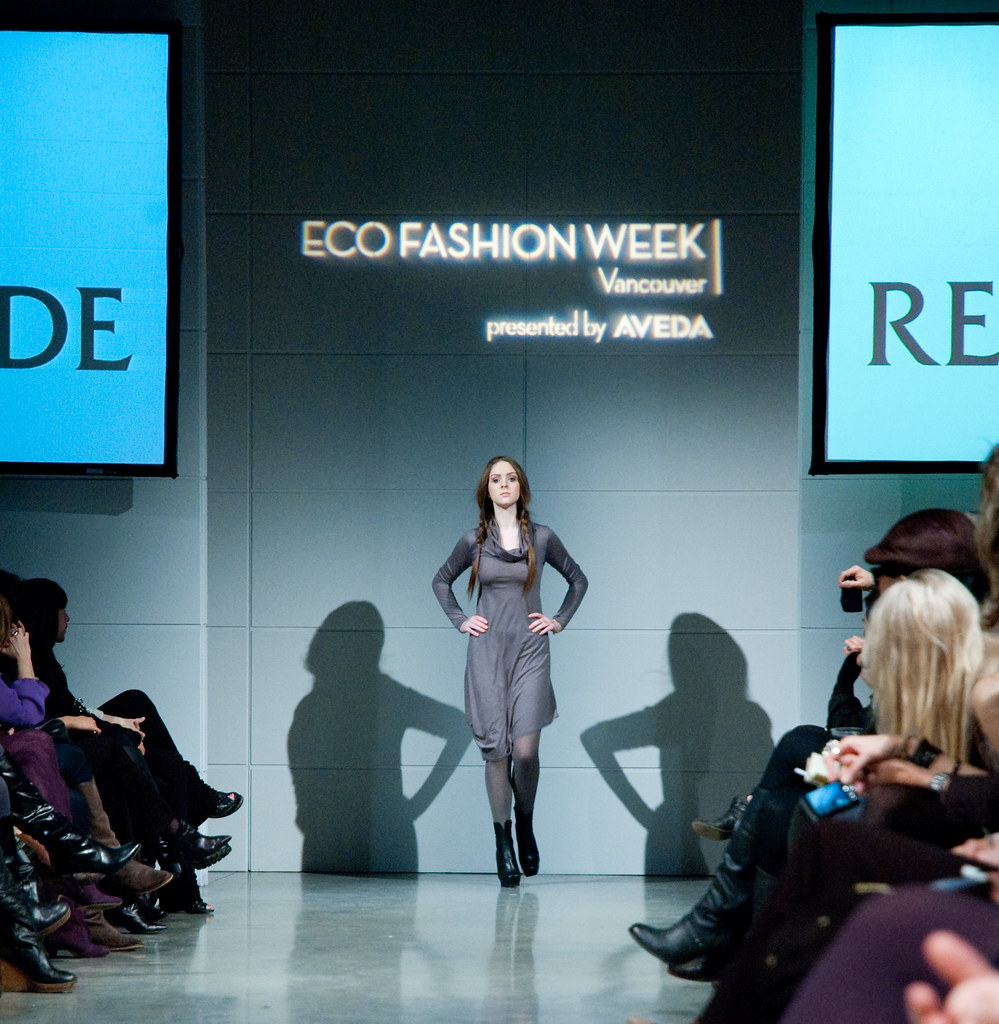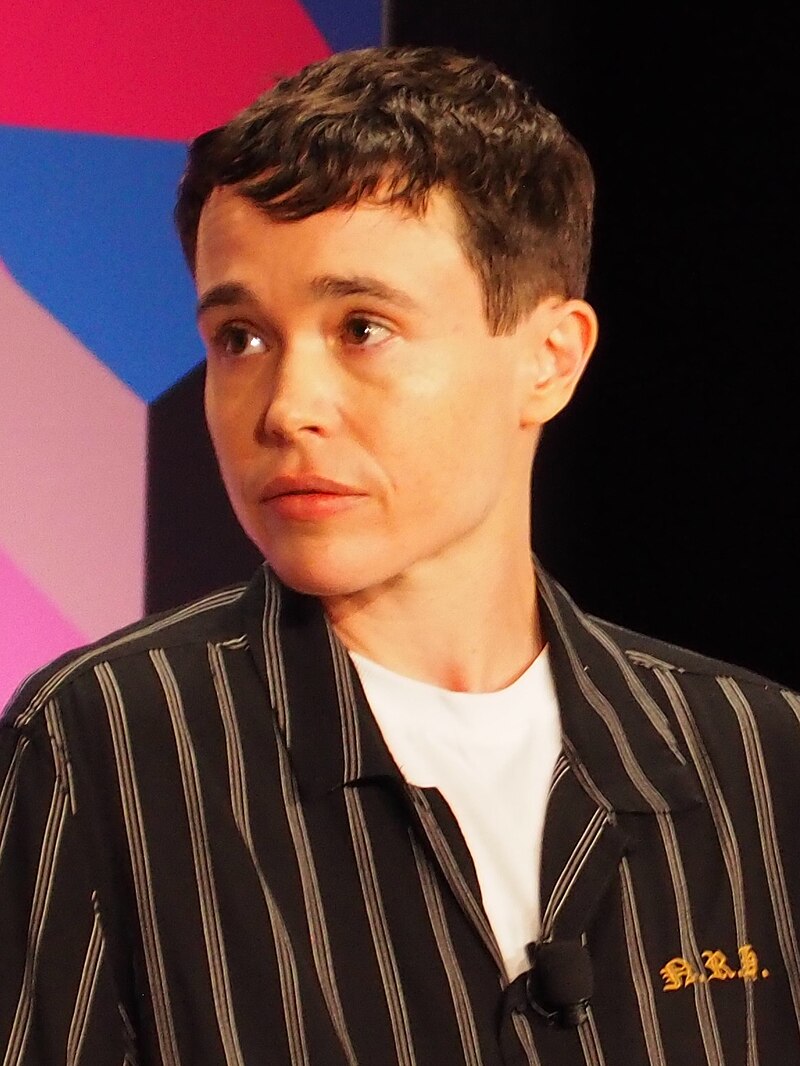Celebrating individuality, diversity, and embodiment, the third edition of Rio Ethical Fashion took place last week. Leading voices stirred up conversations about impending challenges and opportunities in the sustainable fashion industry.
A spicy debate focused on the future of fashion upon the expansion of the Metaverse—the so-called “new, persistent virtual world.” Metaverse will host an increasing number of people throughout 2021. Currently, digital fashion is mostly restricted to video games (think of Gucci’s digital tennis). Companies such as The Fabricant, however, aim to broaden the horizons of digital couture. Amber Slooten—who represented The Fabricant at Rio Ethical Fashion—emphasized that further embedding fashion in virtual realities is unavoidable and will minimize the disturbances associated with the industry.
 Crypto currency, digital art…isn’t digital fashion the next step?
Crypto currency, digital art…isn’t digital fashion the next step?
The argument is that digital couture does not trigger the exploitation of natural resources, animal cruelty, waste generation, and the proliferation of sweatshops. In contrast, the making of one outfit requires 10,000 liters of water, and 11.8 billion kilograms of clothes and textiles go to American landfills each year. 85 million trees become fabric annually, and the salary of sweatshop workers makes up only 20% of the income they need to live. Billions of animals die on an annual basis to feed the fashion industry, and millions are used for testing. Within the Metaverse—from runaway shows to meetings—digital choices could indeed result in enhanced respect for animal (human and non-human) rights.
That is not to say digital fashion is free of problems, as it implies exacerbated energy use and is not an inclusive system. Moreover, promoting the enlargement of digital couture as a sustainable alternative might mask a complex issue hampering sustainability in fashion: as different panelists emphasized, the fashion industry has created norms and codes that promote needless consumption. As fashion permeates emotions and stimulates ostentation, it endorses the proliferation of unsustainable mindsets focused on the need to own more objects. In a post-pandemic scenario, that is even more preoccupying as revenge buying acts—such as recently seen in the post-lockdown United Kingdom—can become widespread.
Danielle Bruggeman associates this issue with the ego of fashion, which feeds from the glamour and excess of money flows seen in the industry. In her book Dissolving the Ego of Fashion, she emphasizes that the fashion system has commodified human bodies and colonized contemporary identities. In this system, the body has become a visual object—rather than a living being—and the fashion market has become a “supermarket of identities,” propagating the thought that being someone requires owning different pieces. Besides that, enveloped in its ego, the fashion industry turns garment workers into production objects.
An ethical transformation that shakes fashion at its foundations and makes justice to all living beings is thus at the heart of enhancing sustainability. Fortunately, ongoing movements are trying to do that. A well-known example is the slow fashion movement, which also aims at breaking the stigma marking environmentalists as people who act through hatred. Based on love-centered approaches, slow fashion ambassadors advocate for conscious production and consumption systems.
Embodied and bio approaches to design also try to dissolve the ego of fashion, amalgamating ethics and style. Unsustainable, aesthetic-centered methodologies first conceptualize a visual experience and then pick materials and bodies that fit the form envisioned. Bio and embodied methodologies, on the other hand, first explore how materials and emotions can be used in the best possible ways to create a sustainable, ethical item. Donna Cleveland, Sandra Sandor, and Maggie Marilyn are among the people fighting to upscale more sustainable approaches (see more in the Wardrobe of Tomorrow). The stars of bio approaches include rhizomes, organic linen, organic bamboo, recycled wood fibers, organic hemp, organic and fair-trade cotton, corn, bananas, pineapples, coconut, coffee, tea, and mushrooms.

Aveda Eco Fashion Week – Day 1 – Feb 23 11, by Jason Hargrove.
Besides more conscious approaches to making new pieces, the growth of circular economy and of the resale industry also plays a key role in reducing the social-ecological costs of fashion. Mariana Santiolini (representing WGSN) stated that resales grew 25 times faster than the market of new products in 2019 and generated U$ 32 billion in 2020. The resale industry is having a moment even in countries—like Brazil—where there exists a historical prejudice against used items. That is mainly because Internet celebrities and actresses have been creating and supporting glamorous thrift shops. Also, the purchase and swap of used items has become a sort of treasure-hunt to Millennials and is very appealing to Generation Z.
As these generations start to dominate the market, a powerful hype grows around sustainable fashion, offering opportunities for this industry to grow. As with every sustainability movement, such growth must embrace holistic approaches that challenge current consumption patterns, respecting individuality, diversity and triggering positive emotions.
Also by Natalia: Why We Must Harness Women’s Potential To Avoid Sixth Mass Extinction
Get more like this—Sign up for our daily inspirational newsletter for exclusive content!
__
Photo: Monica Silva via Unsplash; Creative Commons




